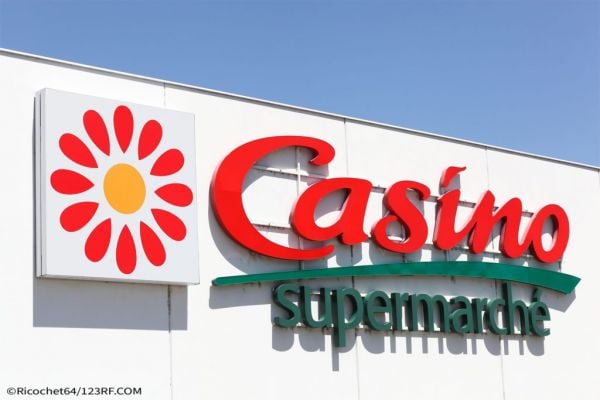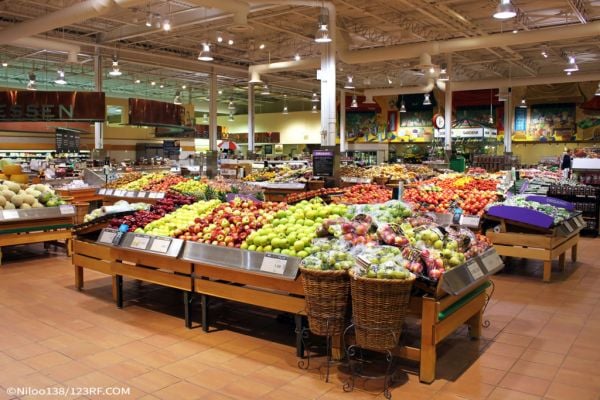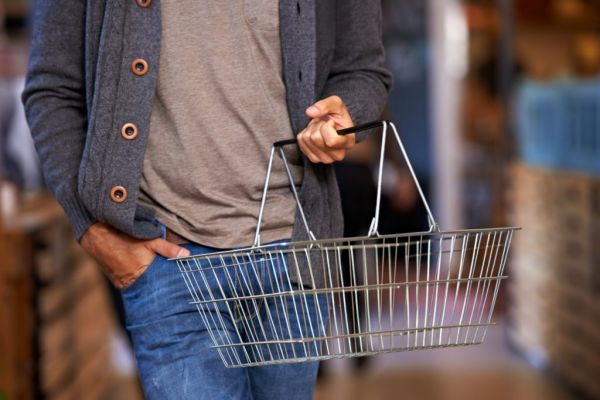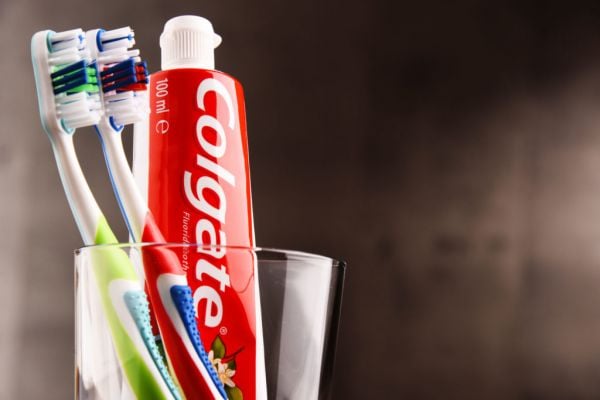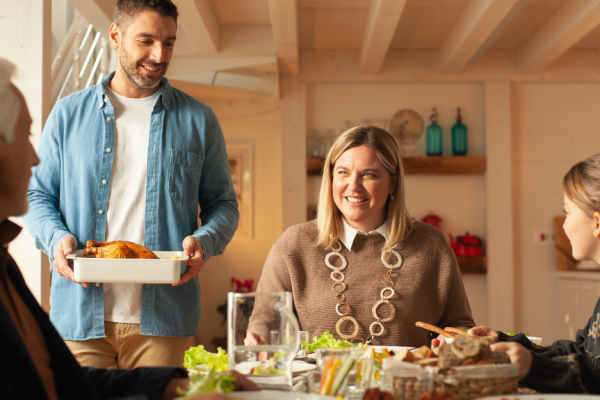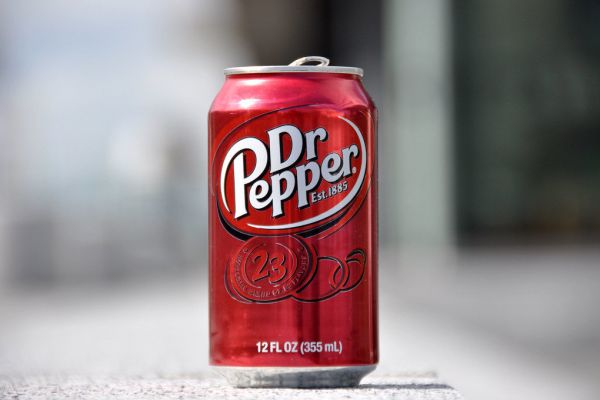A lot has happened since ESM last caught up with Hanneke Faber, president of Global Foods & Refreshment at Unilever, both on a global level and within the consumer goods giant. Stephen Wynne-Jones met her. This article first appeared in ESM May/June 2022.
While Unilever is never far from the headlines, the consumer goods giant has had a particularly busy start to 2022, with a major restructuring announcement, an aborted bid for GlaxoSmithKline’s consumer healthcare business, and full-year results that showed its fastest sales growth in close to a decade – talk about grasping the post-pandemic nettle!
Let’s start with the results announcement: Unilever reported underlying sales growth of 4.5% in 2021 – a 1.6% increase in volume terms and a 2.9% increase in price – which means that even as price rises were implemented to combat inflation, consumers kept purchasing its products.
These inflation worries aren’t likely to go away any time soon. In February, Unilever noted that it expected increased costs of €2 billion in the first half of 2022, and €1.5 billion in the second half – and that was before Russia’s invasion of Ukraine.
Unilever aims to navigate these challenges through a repositioning around five distinct business groups, which will become fully operational by the summer. Following the sale of its global tea business to CVC Capital in November of last year, these five groups are: Beauty & Well-Being, Personal Care, Home Care, Nutrition, and Ice Cream (see panel). The latter two segments have been spun out of its Foods & Refreshment arm, which reported sales growth of 5.6% last year (volume +2.9%, price +2.7%).
New Role
This, in turn, has led to a reallocation of responsibilities, with the former head of the Unilever Foods & Refreshment arm, Hanneke Faber, now heading up Nutrition – a portfolio that the company sees as essential to its long-term ‘Future Foods’ ambition, announced in 2020. For Faber – identified by some analysts as a potential successor to chief executive Alan Jope, should the Scot decide to move on – the new approach represents what Unilever does best.
“We’re pretty determined that we will grow this business by making sustainable living commonplace,” Faber says, pointing to the recent Hellmann’s mayonnaise campaign, ‘Make Taste, Not Waste,’ which encourages shoppers to utilise leftovers and develop new meal ideas. “Hellmann’s grew 11% last year, and I don’t think that by just saying ‘This is a great mayonnaise’ we would have got those results.”
ESM spoke to Faber at Unilever’s new Foods Innovation Centre – Hive – in Wageningen a few weeks ago. It’s a facility that opened amid much fanfare in early 2020, but is only now being utilised to its full potential due to the loosening of COVID restrictions.
Incidentally, our last interview with Faber was published just as the pandemic’s first wave spread across Europe.
Plant Power
As per the ‘Future Foods’ strategy, Unilever is seeking to generate €1 billion in sales from plant-based meat and dairy alternatives by the midpoint of the decade (between 2025 and 2027). As the business explains, it’s not enough to merely develop plant-based ‘alternatives’ to well-known products. It’s important that these products boast a superior (or at least a discernible) taste and a healthier nutritional profile, as well as being better for the planet than their meat-based equivalents – not an easy task.
“Our ambition is to be a world-class force for good, and in terms of ‘force’, we grew profit ahead of volume last year,” says Faber, “but we want to do that in ways that improve the health of people and the health of the planet.
“We still want to be here 100 years from now – if there’s no planet, there’s certainly no Unilever. These things need to come together, and I’m proud of what the team has done over the past year, in terms of growing the business while also doing the right thing.”
This means exceeding customer expectations around authentic meat and dairy flavours and textures, ensuring that there are no undesired plant ‘notes’, and making it easier for consumers to switch to plant-based without any additional cost involved. Underpinning this is an array of partnerships – with universities, research institutes, flavour and texture specialists, and next-generation food biotechnology firms, such as Algenuity, Enough, and Holobiome.
As well as traditional ‘alternative’ foodstuffs, such as soy, lentils and wheat, Unilever is exploring the opportunities presented by microalgae and mycoprotein, precision fermentation and cellular agriculture, as it seeks to “shift the needle’.
Transparency Counts
Allied to this, the business is on track to halve its food waste in direct global operations from factory to shelf, as well as doubling the number of products delivering ‘positive nutrition’ globally by the midpoint of the decade. Last month, it announced plans to report the performance of its product portfolio against government-endorsed nutrient profile models, with the first such report set to be launched in October of this year.
At the same time, Unilever is seeking to improve the packaging footprint of its products, recently reformulating that of its Vegetarian Butcher brand – the fastest-growing brand in its portfolio last year – to bring it more into line with the product’s aspirational positioning.
Faber sees transparency as a key element in achieving the company’s goals.
“I think we’ve always been a lot more transparent than many other companies,” she says. “When [former CEO] Paul Polman first set out the Unilever Sustainable Living Plan, which covered 2010 to 2020, there were more than 70 goals, which included social, health and environmental goals. All of these are audited every year by an external auditor, and you can find everything online. Sometimes it doesn’t make for pretty reading, but that’s the point: unless you know everything, you can’t make improvements.”
Functional Nutrition
While the rejected GSK Consumer Healthcare bid led Unilever to do some soul-searching over its acquisition policy – prompting its board to undertake ‘an extensive process to review strategic pathways to reposition [its] portfolio’ – the company hasn’t ruled out further bolt-ons to its new-look Nutrition arm.
“What Alan [Jope] has said is that there will be no more big, transformational acquisitions the size of GSK,” says Faber, “but we will continue to look for acquisitions in the growth spaces for Unilever. Prestige beauty is one of those. Functional nutrition is another.”
In fact, one of the elements of the new portfolio that Faber is most excited about developing further is a recent acquisition (and, ironically, one from GSK): the addition of Horlicks and Boost to its Hindustan Unilever business in April 2020.
“That was the biggest acquisition that we had made since 2000, and it sits squarely in the Nutrition portfolio,” Faber says. “It’s a €600 million business, and it’s focused on providing added vitamins and minerals to children and adults that need it. That’s going to be one of our big focus areas alongside plant-based – and, again, it’s a great example of doing well by doing good.”
Positioned For The Future
Unilever has arguably emerged out of the COVID pandemic in a stronger position than many of its competitors, due to its long-standing commitment to embedding environmental and social governance into its modus operandi. Like its peers, it reacted quickly to the challenges of the pandemic, putting its people first and maintaining supply chains and operations in the most challenging of circumstances – but even here, the company has shown humility.
When I ask Faber whether Unilever could have done anything differently with its COVID response, her reply is telling.
“I think we did a great job at keeping our people physically safe, but have we done as good a job at keeping everyone mentally safe, with all this working from home and by not being together? I’m not so sure.”
It’s this balance between self-effacement and profit generation that sets the company apart, and it is likely to stand it in good stead as it embarks on its ‘Future Foods’ journey.
“We are one of the most profitable food businesses in the world, and certainly we’re externally recognised as one of the most responsible food businesses in the world,” says Faber. “But we have to continue to lead.”
© 2022 European Supermarket Magazine – your source for the latest A-Brands news. Article by Stephen Wynne-Jones. Click subscribe to sign up to ESM: European Supermarket Magazine.

